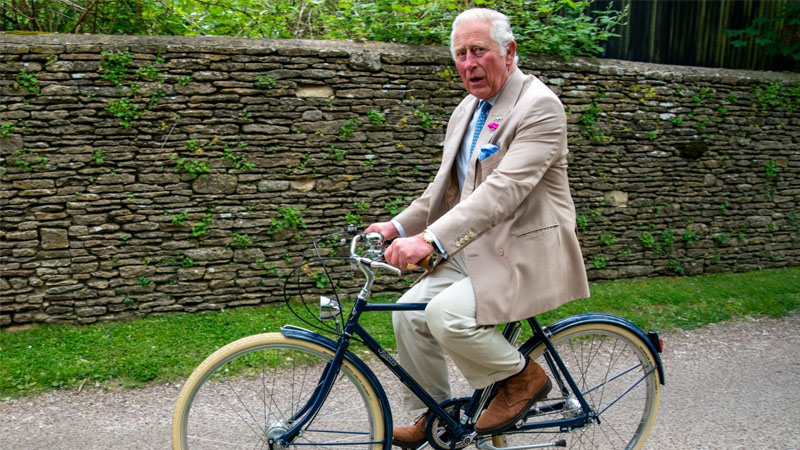King Charles is reportedly staying informed about the ongoing unrest and riots across the UK, but he has chosen not to release any public statement or visit the affected areas, according to a report by the BBC. Despite being aware of the growing tensions, the Monarch’s decision to remain silent has drawn criticism, particularly from anti-monarchy groups.
Graham Smith, a prominent critic of the monarchy, expressed his disappointment, saying, “We’re told the monarch is supposed to be a figurehead who unites the nation, yet when the nation is in crisis he’s nowhere to be seen.” Smith’s comments reflect a broader frustration among those who believe that the King should be more visibly engaged during such a tumultuous time.
In addition to this criticism, historian Kate Williams advised that King Charles should consider addressing the nation to extend his sympathies to those affected by the unrest. Speaking to Times Radio, Williams remarked, “This would be a moment for the King to talk about multiculturalism, the Commonwealth, people coming together, and I think that if I were advising him I would suggest making that statement sooner rather than later.” Her comments suggest that a royal message could serve as a unifying force in a time of national crisis.
However, not everyone agrees that the King should intervene at this moment. British author and historian Sir Anthony Seldon recommended that the Monarch maintain a distance from the political aspects of the situation. In an interview with the BBC, Seldon stated, “He is head of state, and it’s appropriate that while the crisis is going on, the head of government, the prime minister, handles the crisis management and says what is needed to be said.” Seldon’s perspective highlights the traditional role of the monarchy as separate from day-to-day political issues.
He further elaborated, “The time for the King to speak, if at all, is when everything has calmed down again. The issues that have led to the riots are not going to go away quickly. We need to hear his considered thoughts then about societal harmony.” Seldon’s advice suggests that a carefully timed statement from the King could be more effective in fostering long-term unity once the immediate crisis has subsided.
The debate over King Charles’s role during this period of unrest reflects the challenges of balancing the expectations of a modern monarchy with the complexities of a deeply divided society. Whether or not the King decides to address the nation, the situation underscores the ongoing tension between royal tradition and contemporary public opinion.

